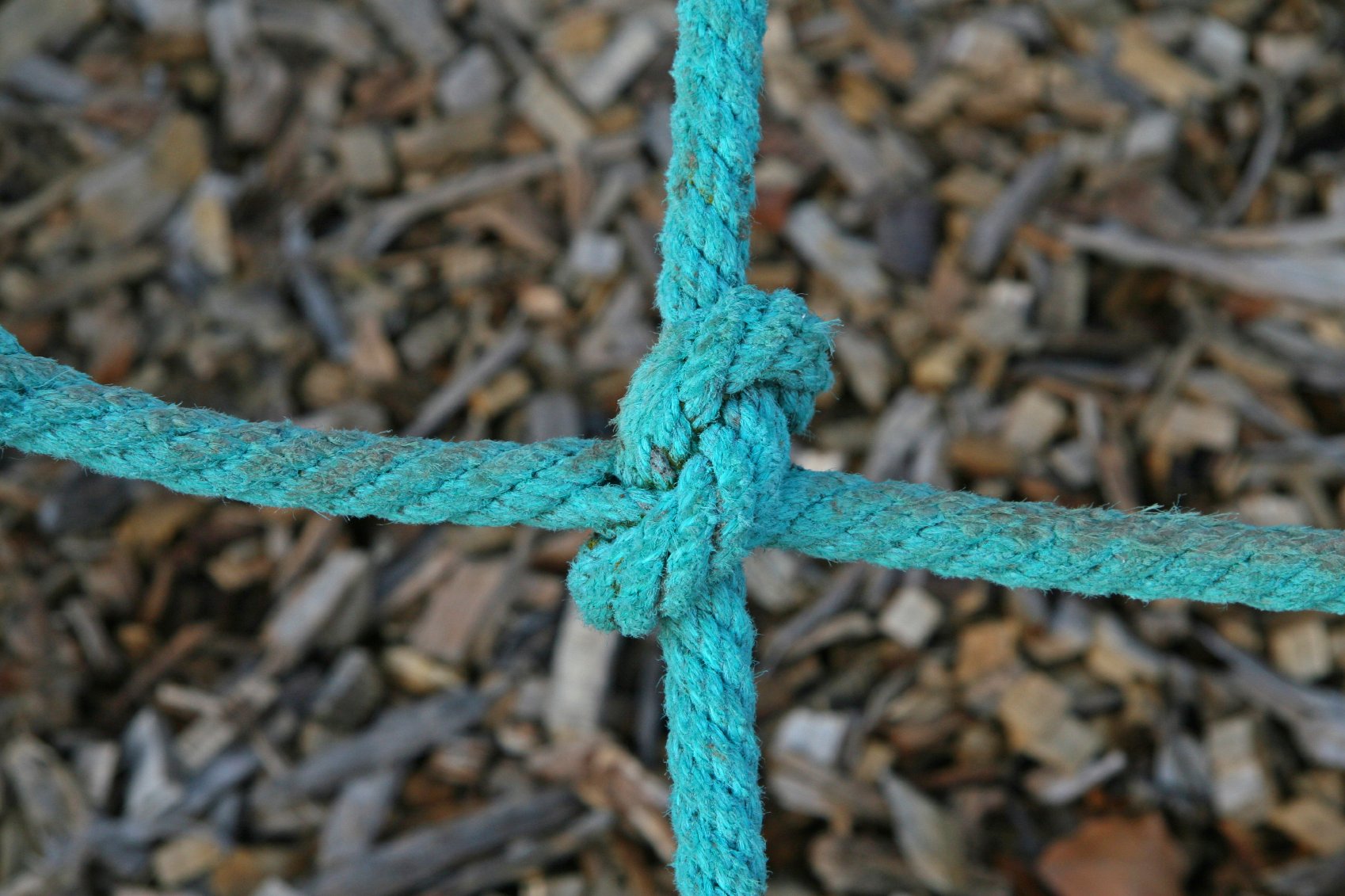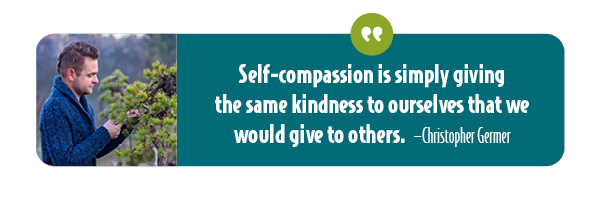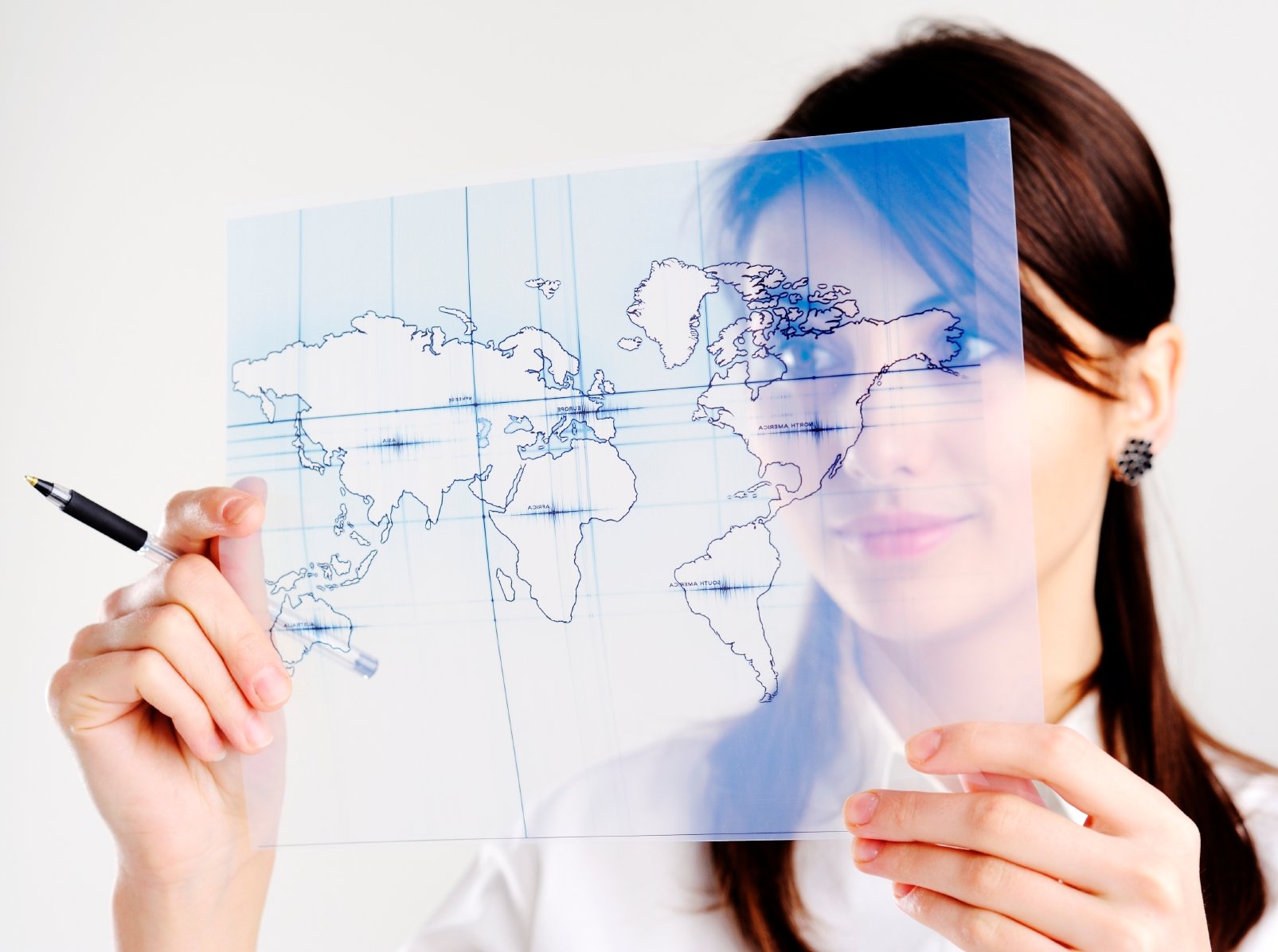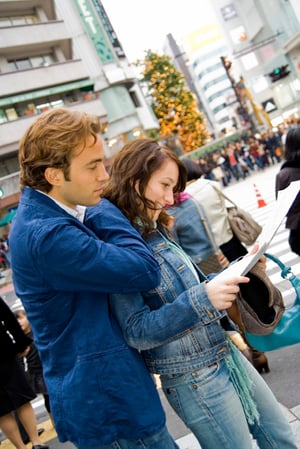Beliefs form our realities. Limiting and false beliefs restrict our relationships and limit our happiness, relationships, career success, and financial prosperity. Beliefs are formed in our developmental years, and as adults, they define and color our reality and determine our quality of life for better or for worse. There's a lot of talk on this topic people are talking about this topic. However, a trend I've seen lately in the coaching industry and self-help movement is getting under my skin a little.
Estimated reading time: 5 minutes

There's a simplistic view that we can just eliminate our negative beliefs and/or replace them with positive ones. But the fact that we even want to amputate or replace the beliefs that we deem "negative" is in some ways a denial of our humanity and the journey we each walk in our development and maturation.
Replacing False Beliefs with Understanding and Self-Compassion
To gain self-awareness we must also have self-acceptance and compassion. To judge ourselves for strategies we formed as children when our safety was jeopardized and options were limited is unkind. Beliefs are the framework for our lives.
As Bill Harris, president and director of Centerpointe Research Institute, says so well:
Human beings are caught in several double binds (damned if you do/damned if you don't conditions). One regards beliefs. Beliefs are the result of making an internal map of reality, which we need in order to survive. You would have no way to navigate yourself around without that map (unless you want to live on instinct, like a cat, or be with the most minor ability to respond to your environment, such as the way an earthworm can go toward or away from light, but not much more). On the other hand, beliefs are always false in the strictest sense of the word—they approximate truth at best.

For instance, when I began to understand and shift how much I gave myself up and sacrificed my happiness by people-pleasing, I was profoundly challenged. Why?—because I had never exercised the muscles of self-care or of saying "no" and I knew absolutely nothing about setting boundaries for others or modulating my own emotions and setting internal boundaries for unhealthy habits. Nor was I prepared for the displeasure and anger that came back to me when I didn't help others in the way they had begun to take for granted.


Transforming our Inner Map of Reality for Lasting Change
A common belief goes something like this: "All you need to do is change your beliefs!" Wow! If it were only that simple!
Changing limiting beliefs no matter how much we recognize the change is good, the process is often scary and at the very least disruptive. Our entire lives have been built on that inner map of reality.
If you want to change a belief, you can change a belief. But our whole map of reality is a complex structure of myriad beliefs. It is merciless (and ineffective) to strip ourselves of the old beliefs without understanding what needs we were trying to meet in the first place. Otherwise, chaos can ensue. It's like pick-up sticks: if you move one stick (or belief) too quickly or carelessly, they all move.
Limiting beliefs that have kept us safe and sane are not to be treated so casually as I have seen with some people's recommendations. We absolutely need beliefs—whether negative or positive—to navigate the complexity of life, love, and relationships. Being human means that no belief is bad or negative because every belief is ultimately formed to keep us safe.
Survival is king (and queen). When our behavior seems bad or unloving, we are responding or reacting from past beliefs formed. We were simply unable to respond to life's challenges in a more loving or productive way. Maybe we just didn't know a better way.

Our old beliefs give us a road map back to what really matters to us if we listen to their wisdom.
They hold so many keys and gems of our true essence and selfhood, which can give us a roadmap to greater understanding and emotional fitness! If we only replace them or get rid of them because they are "bad," "limiting" or "negative," we end up with just another view of the world with different filters in place. This approach slows down our growth considerably.
We are human, with limitations and a high need for safety. Simultaneously, we are connected spiritually to a power that is limitless and continually seeking to transcend past limitations. It is far more effective to develop the habit of mindfulness and compassion toward ourselves than to seek to change beliefs. In this gentle preparation of our minds and emotions, beliefs organically give way to a natural propelling toward greatness, like a plant rising to the sun.
Related reading: "5 Simple Keys to a Happier, Vibrant Life"
Healthy Habits to Cultivate a Happy Life
Inner peace and authentic transformation that truly lasts come not so much from changing beliefs but from a daily and consistent practice of living forward and forming conscious and healthy habits.
![]()
STEPS TO Self-Awareness
and Re-patterning Limiting Beliefs
- Develop the habit of being curious (without judgment) about what you believe and why.
- Compassionately acknowledge that you had really good reasons for forming the beliefs in the first place.
- Passionately detach from the need to defend what you believe.
- Identify the resistance within yourself, but rather than fight or overpower it, listen to the need just underneath asking to be honored.
- Partner with your subconscious wisdom as you would with a gracious friend (rather than view it as a troublesome force seeking to sabotage your goals).
- Consciously choose and commit to the part of your true self you want to assert and integrate more fully.
As you reach new levels of self-awareness and emotional intelligence, you can repeat these steps and transcend more limitations. And as this practice of gently observing ourselves and meeting our needs becomes more natural, we feel more secure and safe with fewer reactions and a bigger and wider openness to life.
So instead of arbitrarily changing beliefs that you may not like, allow your inner truth to guide you. Instead of seeking to become something else that is still imperfect, beat the double bind by enjoying and relaxing into the journey of growth.
Compassionate awareness precedes real change. Loving acceptance opens the door to transformation, and responsibility seals and makes the change permanent.
To learn more about self-awareness and emotional intelligence, check out Heartmanity's learning tools.








